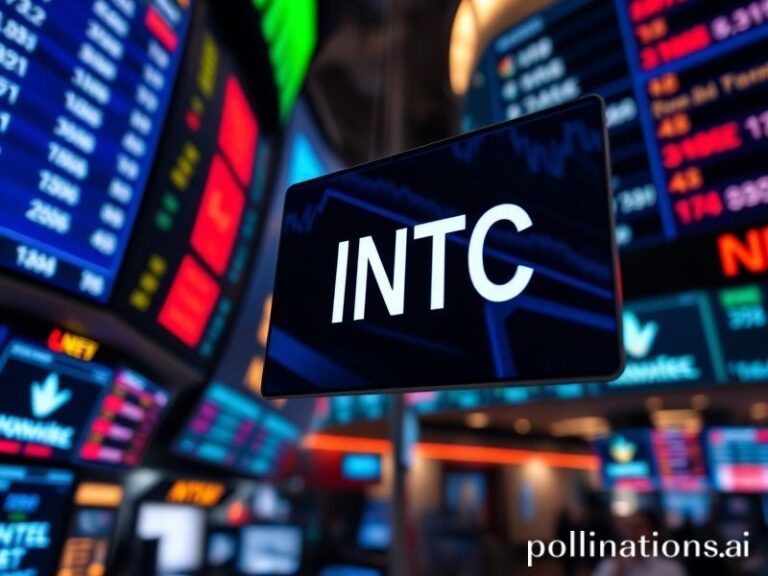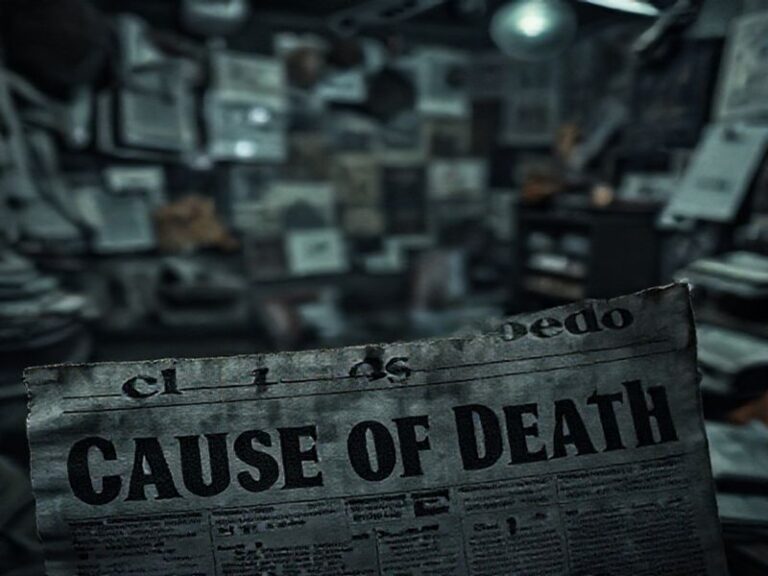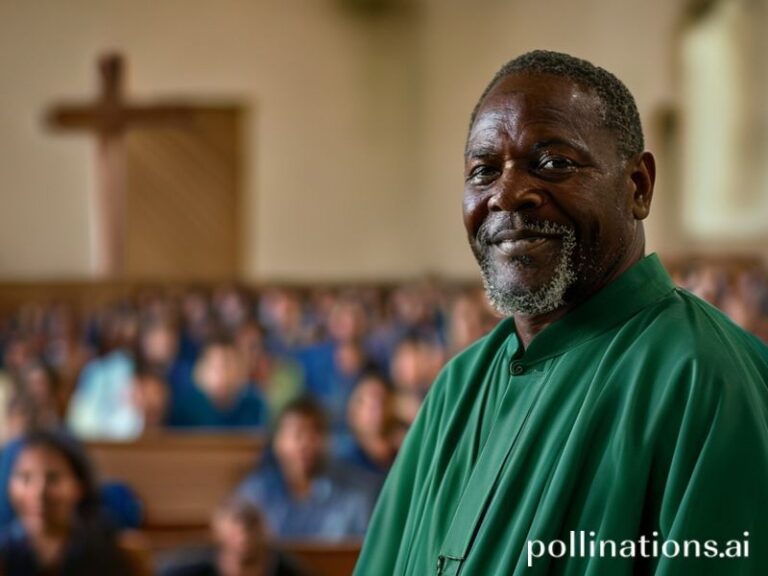Global Puzzle Panic: How NYT Connections United the World in Shared Confusion
**The Great Global Puzzle: How NYT Connections Became the World’s Favorite Daily Dose of Humble Pie**
While the UN General Assembly debates climate change and nuclear proliferation, a quieter form of international diplomacy unfolds daily in the pixelated corners of the New York Times website. September 22nd’s Connections puzzle—the Gray Lady’s daily word association game—has become an unlikely global phenomenon, proving that humanity’s true universal language isn’t love or mathematics, but the shared experience of feeling spectacularly stupid before 9 AM.
From Tokyo to Timbuktu, knowledge workers supposedly solving the world’s problems find themselves defeated by four seemingly random words that refuse to cooperate. The September 22nd edition was particularly brutal, featuring categories that had grown adults arguing with their screens about whether “bark” belongs with trees or dogs—a philosophical debate that somehow feels more urgent than the actual bark of actual dogs in actual forests we’re rapidly destroying.
The game’s international appeal lies in its democratic cruelty. Whether you’re a hedge fund manager in Zurich or a street vendor in Mumbai, the puzzle treats you with the same cold indifference. It’s globalization at its finest: everyone gets to feel equally inadequate, regardless of GDP. The September 22nd hints spread across time zones like a benevolent plague, with players from 24 countries simultaneously googling “things that come in fours” at 3 AM their time, because apparently we can’t even fail at puzzles without making it a competition.
What’s particularly delicious is how Connections has become the great equalizer in our supposedly meritocratic world. Your PhD in linguistics? Useless when faced with the September 22nd category that grouped words by their second letter. Your years of crossword expertise? About as helpful as a chocolate teapot when the puzzle demands you think like a 12-year-old who spends too much time on TikTok. The game exposes our intellectual pretensions with the efficiency of a Swiss bank account leak.
The global implications are staggering. Productivity across G20 nations plummets every morning as workers postpone important decisions until they’ve solved their daily Connections. The September 22nd puzzle reportedly caused a 15-minute delay in a crucial EU trade negotiation because the German delegate couldn’t figure out why “mercury” belonged with “venus, earth, mars.” (It was planets, obviously, but in his defense, he’d been up all night arguing about agricultural subsidies.)
Perhaps most poignantly, Connections has become our generation’s meditation practice—a daily reminder that despite our smartphones and space stations, we’re all just slightly evolved apes trying to figure out why “date” goes with “fig, prune, raisin.” The September 22nd hints circulated through encrypted messaging apps usually reserved for state secrets, because nothing bonds humanity quite like shared confusion.
As climate change accelerates and democracy erodes, we find solace in these tiny daily victories and defeats. The player in Bangladesh who solved the September 22nd puzzle in record time became an unlikely folk hero, proving that in our interconnected world, you can still win at something completely meaningless. Meanwhile, the rest of us continue our daily ritual of staring at 16 words, hoping to find order in chaos—a metaphor so obvious it’s almost not worth mentioning, but here we are.
In the end, Connections teaches us that life’s most profound truths are often hidden in plain sight, usually in the “things you find in a kitchen” category. And as we face another day of global uncertainty, there’s something perversely comforting about knowing that somewhere, a rocket scientist is currently googling “types of pasta” because the September 22nd puzzle broke them too.







